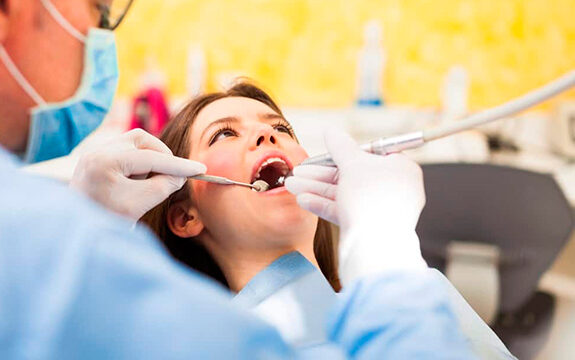
Dental veneers are thin, custom-made shells crafted from tooth-colored materials such as porcelain or composite resin. They are designed to cover the front surface of teeth to improve their appearance and address various cosmetic concerns, such as discoloration, chips, cracks, or irregularities. While dental veneers Dubai offer long-lasting results, they are not considered permanent restorations. Here’s why:
Minimal tooth reduction:
To accommodate dental veneers, a thin layer of enamel is typically removed from the front surface of the teeth. This process, known as tooth preparation, involves minimal reduction of natural tooth structure to ensure proper fit and alignment of the veneers. While this alteration is permanent, it’s important to note that the veneers themselves may need to be replaced at some point due to wear, damage, or aesthetic changes.
Natural tooth wear:
Over time, natural tooth wear and tear can occur due to factors such as chewing, biting, and other everyday activities. While dental veneers are durable and resistant to stains and discoloration, they may gradually wear down or become damaged over the years, especially if subjected to excessive force or trauma. As a result, veneers may need to be replaced periodically to maintain their appearance and functionality.
Possibility for damage or dislodgement:
Although dental veneers are resilient and strong, they are not indestructible. Accidental trauma, such as a blow to the face or biting down on hard objects, can possibly damage or dislodge veneers. While veneers are designed to withstand normal biting and chewing forces, certain habits or behaviors, such as nail-biting, teeth grinding (bruxism), or using teeth as tools, can increase the risk of veneer damage or failure.
Aesthetic changes and aging:
While dental veneers are resistant to staining and discoloration compared to natural tooth enamel, they may still be affected by external factors such as food and beverage consumption, smoking, or certain medications. Over time, changes in the color or appearance of natural teeth adjacent to the veneers may also impact the overall aesthetic result. In such cases, replacing or updating the veneers may be necessary to maintain a consistent and harmonious smile.
Routine maintenance and care:
Proper oral hygiene and routine maintenance are essential for preserving the longevity of dental veneers. Regular dental check-ups, professional cleanings, and adherence to good oral hygiene practices, including brushing, flossing, and avoiding habits that can damage veneers, can help extend their lifespan and minimize the need for replacement.


